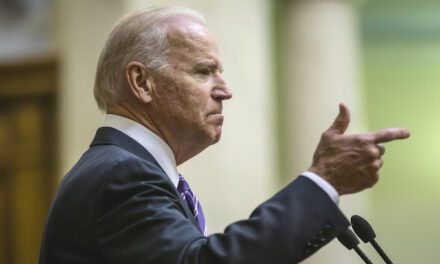MARTINEZ — In an effort to divert people with drug addictions toward treatment instead of criminal penalties, the Contra Costa District Attorney will no longer charge “most people” arrested or cited for narcotics possession.
The new policy, announced Thursday by District Attorney Diana Becton, makes permanent a pilot policy that has been in place since last year. It came about after the county’s presiding judge approached Becton and Chief Public Defender Robin Lipetzky about a “significant backlog of low-level, non-violent misdemeanors,” a news release from the DA’s office says.
In a written statement, Becton said the policy change addresses a problem she observed as a county judge for more than two decades, of people “cycling through our system” for low-level offenses.
“We cannot prosecute ourselves out of this growing trend of low-level offenses being submitted to our Office for a filing decision,” Becton said, adding that she would review the policy periodically.
Prosecutors will use discretion to determine if criminal charges are appropriate for non-violent offenses, said Scott Alonso, a spokesman for the District Attorney’s office. Instead of filing charges on a low-level drug offense, prosecutors would likely refer someone to the county’s behavioral health department, which could help get that person treatment for a substance abuse problem, if necessary.
Besides the drug posession cases, other low-level offenses that would likely not be charged under the new policy include petty theft, disorderly conduct, misdemeanor trespassing and posession of burglar tools, Alonso said.
The policy will not apply if the person in question has been arrested on three previous occasions within the past year for a misdemeanor drug offense, if the theft is more than $300 in value, or if the person is on probation.
Already the office has reduced the number of misdemeanor drug charges it files. In 2018, police brough 3,977 misdemeanor drug cases to the District Attorney, of which 1,798 were filed, and 1,762 were dismissed. In 2019, of the 3,187 misdemeanor drug cases brought by police, the office immediately dismissed 1,872 and filed 993 of them, Alonso said. The initial policy to not file such drug charges and other non-violent offenses was drafted in July 2019.
Alonso described the effort to cut down on the filing of non-violent charges as one between the courts, the Public Defender’s office, local police chiefs and the District Attorney’s office.
With a reduction in those misdemeanor filings comes a reduction of associated court dates, jail stays and overall work for judges, attorneys and police.
“It helps everyone focus on dealing with the more violent crimes,” he said.
The policy comes after several other district attorneys around the country have made similar moves. Last year, the Santa Clara County District Attorney’s Office announced that it would no longer will file charges against most people arrested or cited solely for possessing small amounts of illegal drugs. The year before, Washington State’s King County and nearby Snohomish County became the first in the U.S. to stop filing charges for similar drug crimes. Some Texas prosecutors followed.
Contra Costa Public Defender Robin Lipetzky said she was pleased to see the policy.
“This is a reasonable and measured approach that will reduce the number of persons with behavioral health issues who needlessly cycle through our criminal system,” Lipetzky said in an email. “Her new policy is a refreshing change from outdated and unworkable policies of the past.”
She noted that she applauds Becton for being willing to move toward “a more humane and cost-effective approach to misdemeanor prosecutions.”
Those who advocate for reformed public safety and criminal legal system have long called for prosecutors to stop filing low-level drug offenses. And the Fair and Just Prosecution group — a coalition of reform-minded prosecutors — has recommended that district attorneys “revisit the wisdom” of prosecuting such drug crimes and instead implement pre-filing diversion programs.
Contra Costa has for years used a pre-filing diversion program that usually includes requirements to go to classes or get counseling, Alonso said. Last year, Becton secured funding for a restorative justice program for children arrested for crimes to avoid going to juvenile hall and instead make amends through a facilitated counseling program.
Check back for updates.
Staff writer Robert Salonga contributed reporting.
___
(c)2020 the San Jose Mercury News (San Jose, Calif.)
Visit the San Jose Mercury News (San Jose, Calif.) at www.mercurynews.com
Distributed by Tribune Content Agency, LLC.
—-
This content is published through a licensing agreement with Acquire Media using its NewsEdge technology.



















Recent Comments